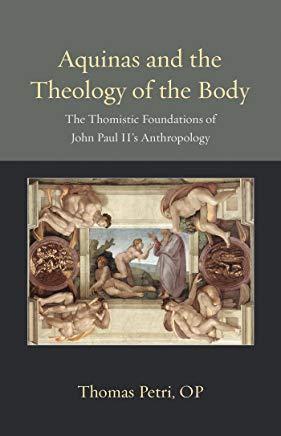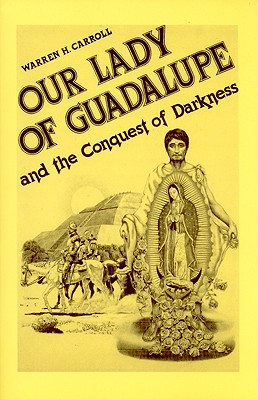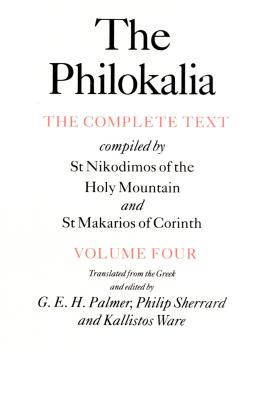
Petri, Thomas
product information
description
7Pope John Paul's Theology of the Body catecheses has garnered tremendous popularity in theological and catechetical circles. Students of the Theology of the Body have generally interpreted it as innovative not only in its presentation of the Church's teaching on marriage and sexuality, but also as radically advancing that teaching. Aquinas and the Theology of the Body offers a somewhat different interpretation. Fr. Thomas Petri argues that the philosophy and theology of Thomas Aquinas substantially contributed to John Paul's intellectual formation, which he never abandoned. A correct interpretation of the Theology of the Body requires, therefore, a thorough understanding of Thomistic anthropology and theology, which has been mostly lacking in commentaries on the pope's important contributions on the subject of marriage and sexuality. After offering an historical narrative describing the gradual departure from the theology of Thomas Aquinas, which led to a deficient theological method in the early twentieth century as implicated in the debates surrounding birth control, Aquinas and the Theology of the Body then surveys John Paul's pre-pontifical work. A thorough examination of the late pope's corpus reveals a definite respect for Aquinas even as he was intrigued by the consciousness-based school of phenomenology. In his many defenses of Humanae Vitae, John Paul II argued that since the human body represents the person to the world, the body speaks a certain language and has an inherent spousal meaning. While John Paul II did not offer any positive reference to Aquinas in his Theology of the Body catecheses, he did in other works. Finally, this study explores Aquinas's mature work, comparing and contrasting it with John Paul II's, to conclude that the Angelic Doctor's metaphysical anthropology provided the foundation for John Paul II's notion of the spousal meaning of the body, which is a seminal concept articulated in the Theology of the Body catecheses. While there has been much scholarly study on the philosophy of Pope John Paul II, and of his indebtedness to Aquinas's thought, this is the first book to connect The Theology of the Body with Thomistic ideas.
member goods
No member items were found under this heading.
Return Policy
All sales are final
Shipping
No special shipping considerations available.
Shipping fees determined at checkout.







